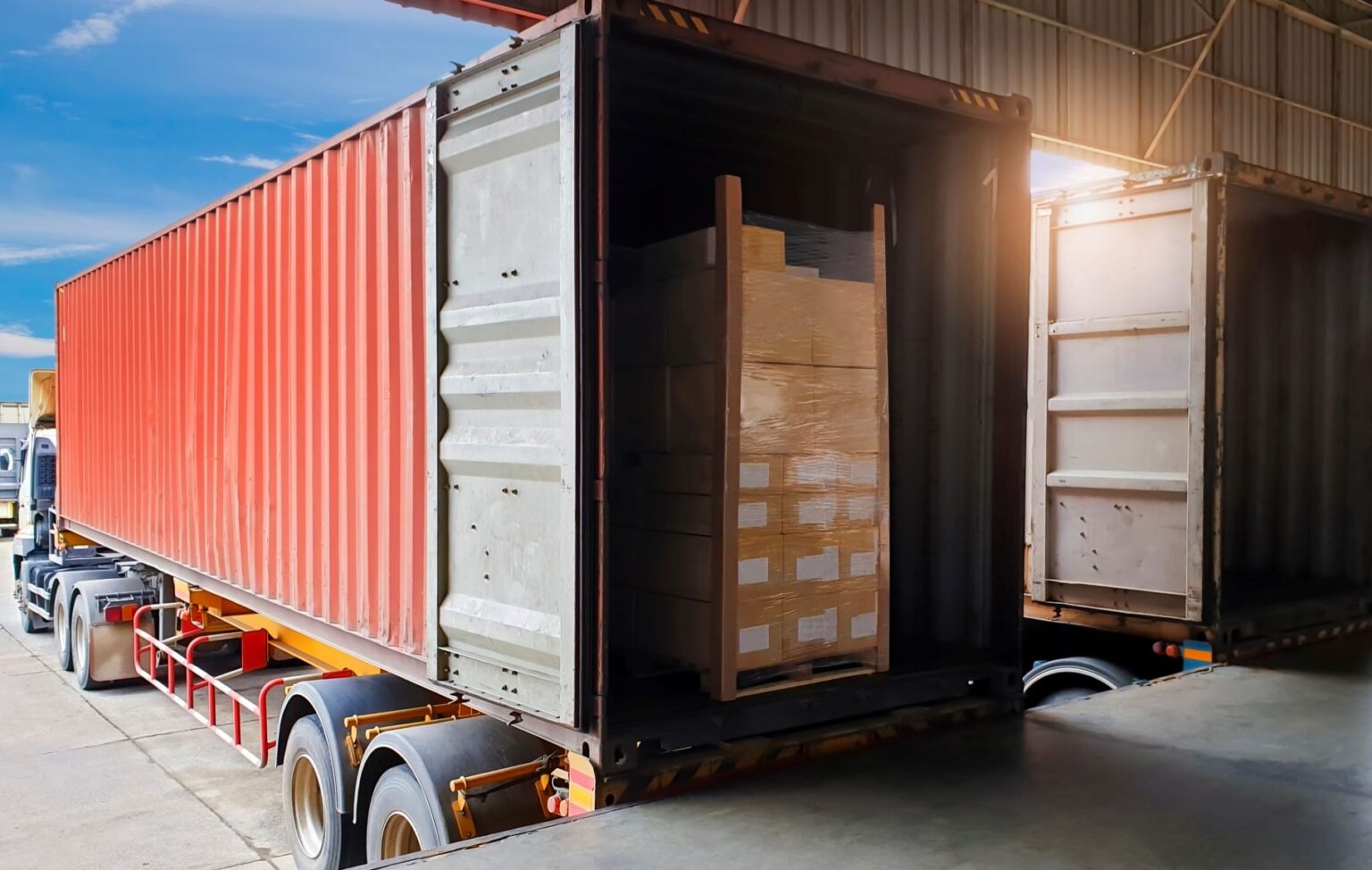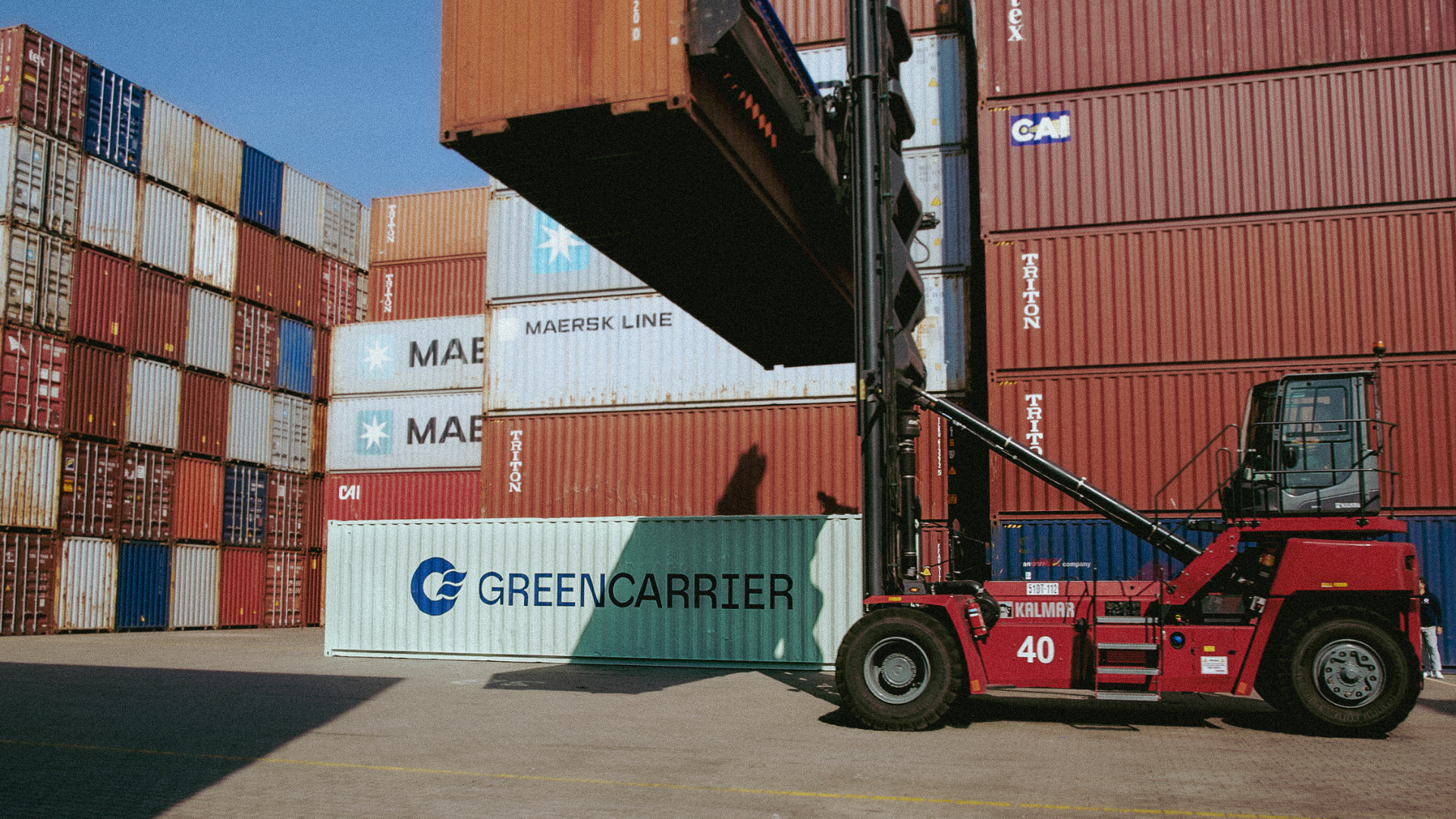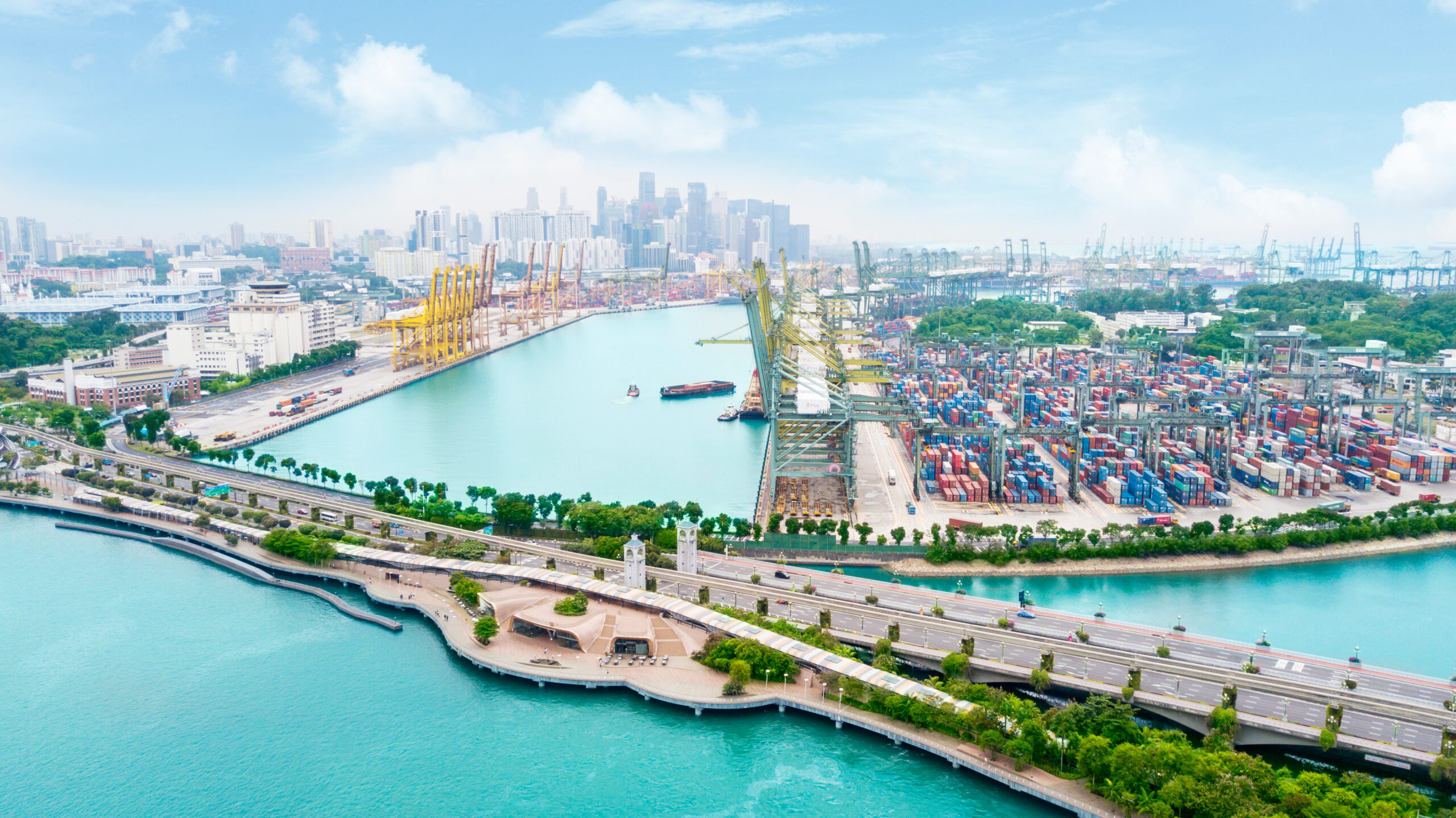Today, more companies are moving away from mass production and towards on-demand production. As a result, bulk trade is replaced with containerised goods volumes. This is also why LCL shipments make a lot of sense to companies, financially and environmentally. But what makes LCL shipments economical and sustainable?
What is LCL shipping?
LCL stands for Less than Container Load and means sharing container space. Your consignment is simply combined with other shippers’ consignments in one container and shipped to the destination port.
With LCL, you don’t have to book an entire container for your small shipment or wait until you have a full container load. Due to regular departures, you can ship your goods right away.
From mass production to sustainability focus
Production lines these days are leaning heavily towards an on-demand approach. The age-old attitude of hoping to sell everything that has already been produced is fast declining in today’s sustainability-focused society.
Resources, equipment, and storage spaces are less readily available than they once were. Businesses are shortening their product lifecycles and keeping their stock levels to a minimum in response to rapidly changing customer demands. The benefits of mass production simply no longer outweigh the costs – financial or environmental.
LCL shipments are both economical and sustainable
People sometimes refer to LCL shipments as a stopgap solution – an action taken to solve a problem temporarily until a permanent solution can be found – often associated with higher costs. But in fact, shipping by LCL is a more economical and sustainable option a lot of the time.
Less storage, risks, costs, and environmental impact
Smaller goods volumes require less container space and less storage space. It lowers your risks and allows you to enjoy a speedier inventory turnover. How would that affect your financial results compared to high inventory levels, high storage costs, high risks, and a slower inventory turnover?
Also, filling an entire container with goods only to reduce freight costs can end up costing more money in the long term if you are not able to sell them within your set time frame. You might have to sell your excess stock at a reduced price – or even worse – destroy the goods to maintain your brand image and pricing structures.
This scenario is neither good for your bottom line nor the environment. Imagine the textile industry, where production represents 90% of all emissions and transportation represents only 10%. It is an unnecessary waste of resources that is perfectly avoidable. In situations like this, LCL seems like a much better option.
Optimised container space means no empty mileage, lower emissions, and less environmental impact. Also, the price for LCL is primarily based on volume instead of flat rate, meaning you only pay for what you need. Combining individual consignments allows for lower shipping rates and typically reduces overall shipping costs.
Make significant savings with LCL
To summarise, you could make significant financial and environmental savings by choosing LCL. By analysing your goods volumes from a broader perspective, you can reduce both your overhead costs and carbon footprint.
We have been working with LCL for a long time at MTA, finetuning our services. As a global consolidation provider and neutral NVOCC (Non-Vessel Operating Common Carrier), our main priority is to use space and equipment in the best way possible. We actively work to lower emissions by optimising our container loads.
Each month, we measure the degree of utilisation of our services by looking into how many cubic meters are loaded per container. This way, we can optimise each container load and lower our environmental impact. Usually, there are different utilisation factors to consider for import and export services due to different types of commodities.
We are committed to contributing to a more sustainable tomorrow – and LCL is just one part of it.
We hope you are too.



